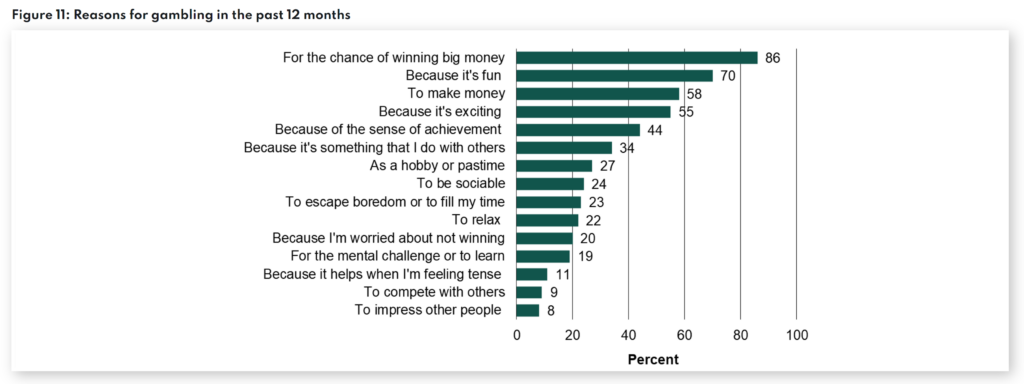White Paper Series: Draft Casino Regulations and statutory instruments for non-remote casinos laid before Parliament
On 12 May 2025, the Department for Culture, Media and Sport published its draft proposals to modernise the rules relating to machine allowances and gaming floor dimensions in land-based casinos. The Casinos (Gaming Machines and Mandatory Conditions) Regulations (“the Casinos Regulations”) have been laid in draft before Parliament and form part of a package of interlinked statutory instruments (“SI”) which were published alongside the Casinos Regulations to enable proper scrutiny of the changes to the regulatory framework.
The Statutory Instruments
Two SIs have been published, namely:
- the Gambling Act 2005 (Commencement No. 6 and Transitional Provisions) (Amendment) Order (the “No. 6 Amendment Order”); and
- the Gambling Act 2005 (Premises Licences and Provisional Statements) (Amendment) (England and Wales) Regulations (the “Premises Licences Amendment Order”).
The No. 6 Amendment Order will amend The Gambling Act 2005 (Commencement No.6 and Transitional Provisions) Order 2006 by extending the machine entitlements for converted casinos located in England and Wales so that they may make up to 80 Category B, C, or D machines available to use, as long as they meet certain criteria, including:
- maintaining a gambling floor area of no less than 280m2; and
- ensuring that the number of gaming machines is not more than five times the number of gaming tables which are being ‘used’. A gaming table is ‘being used’ at a particular time if it is actually being used to play a casino game, or is available to be used to play a casino game.
Only converted casinos with a gambling area of at least 500m2 will be permitted the full entitlement of 80 gaming machines. For any converted casinos with a smaller gambling area, the No. 6 Amendment Order sets out a tiered scale linking the maximum number of gaming machines to the minimum gambling area. The maximum permitted number of gaming machines is reduced by 5 for every 20m2 decline in minimum gambling area, from 80 gaming machines for 500m2 down to a maximum of 25 gaming machines for a minimum gambling area of 280m2.
Whilst the No.6 Amendment Order significantly increases machine entitlements for converted casinos, it also intends to close a loophole in the existing framework. Currently, where two (or more) converted casino premises are connected, they can effectively double (or triple etc.) their gaming machine entitlement. The No. 6 Amendment Order makes clear that for such connected converted casino premises, no more than 80 gaming machines are permitted across both premises – taken together – unless customers moving from one premises to the other have to travel through an area which is not subject to certain specified licences or permits issued under the Gambling Act 2005.
In addition, the No. 6 Amendment Order will allow betting to take place in casinos covered by a converted casino premises licence, which is currently only permitted in Gambling Act 2005 small and large casinos.
The Premises Licences Amendment Order updates the current Gambling Act 2005 (Premises Licences and Provisional Statements) Regulations 2007 so that any converted casino applying to utilise the new entitlements under the No.6 Amendment Order must submit a scale plan indicating an area for ‘table gaming’. This must identify the “location and extent of any part of the premises which will be the table gaming area” and “any other part of the premises which will be used for providing facilities for gambling in reliance on the licence.” Currently, only Gambling Act 2005 small and large casinos are required to identify a table gaming area on their plans.
The Casinos Regulations
In addition to effecting the SIs, the draft Casinos Regulations propose:
- Increasing the ratio of gaming machines permitted per gaming table in Gambling Act 2005 small casinos from two per table to five per table, whilst maintaining an overall cap of 80 machines per premises.
- Reducing the minimum size of the table gaming area in small casinos from 500m2 to 250m2.
Timing
Whilst they are currently in draft form, the SIs state that they will come into force on 22 July 2025.
If the draft Casinos Regulations are approved by both Houses, Ministers intend to make the No.6 Amendment Order prior to signing the draft Casinos Regulations.
Please let us know if you have any questions on the above and sign up to our blog to receive insight and commentary on the continued journey of the White Paper.
